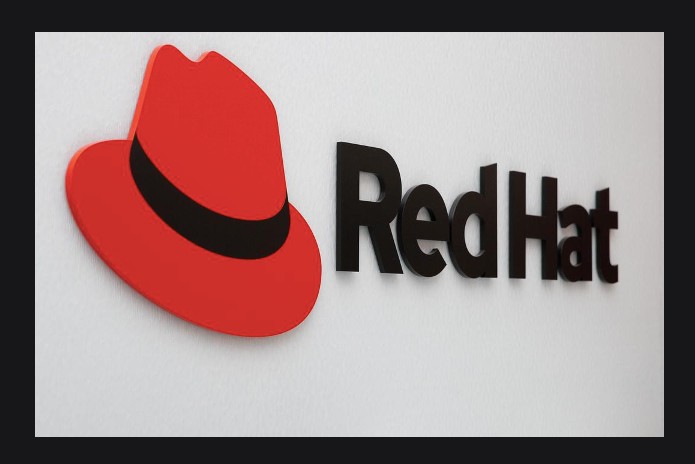Utilities, O&G, and other energy companies adopt new technologies, capabilities, partnerships, and priorities to keep up with tectonic changes in the industry
San francisco, NFAPost: The energy industry is undergoing the most dynamic evolution in its 150-year history, shares Frost & Sullivan in its white paper “Tectonic Shifts in the Energy Industry”. Oil and gas companies, by rebranding as energy companies and moving beyond petrochemicals, aim to power the world regardless of technology.
Growing cybersecurity risks, lack of ability to fully leverage information, the unpredictability of renewable energy, and the struggle to optimise operations drive industry change. In response, power and oil and gas companies are moving quickly to integrate more data-driven solutions as they expand their alternative energy portfolios, improve process efficiency, and shore up security.
To download the complimentary white paper, please visit: http://frost.ly/6h4.
The great energy transition means blurring the lines that used to separate utilities, oil and gas companies, and energy users. Third-party aggregators, prosumers, and a new generation of asset owners and operators further complicate the picture.
Additional challenges include growing cybersecurity threats and ransomware attacks, maintaining aging infrastructure, a retiring workforce, and a growing skillset gap. Secure and intelligent data insights and processes sharing through open platforms can improve operations, promote digital transformation, and create outcomes and organisational visibility that promotes a digitally-forward culture. Businesses that embrace the transformations will move forward faster.
Frost & Sullivan Partner & Vice President Roberta Gamble said to remain relevant as the market transitions to new, data-driven business models, energy-related companies need to invest in a flexible, future-proof framework.
“This will enable an organization to get ahead of changes, such as evolving markets, socio-economic upheavals, growing cybersecurity threats, and ever-changing global regulatory demands,” said Frost & Sullivan Partner & Vice President Roberta Gamble.
Energy companies should look to:
Leverage data strategies and generate new insights through grid flexibility, operations information, cloud-centric automation, and renewable energy – wind and solar power – to fuel and power the world. Process growing data volumes quickly and securely through smart equipment and edge capabilities, intelligent operations, an integrated system, and a connected ecosystem.
Integrate supplier and customer information and robust analytics to improve operations and planning. Partner with device and equipment OEMs, third-party power aggregators, connected building solution providers, and customers, or undertake mergers and acquisitions to create a connected utility ecosystem to improve organizational coordination and visibility.
Embrace new data sources, solutions, and business models to drive wind power modernization, increasing growth and boosting operations.
Red Hat North America Chief Architect and Strategist E G Nadhan said thanks to growing renewable power asset portfolios and the critical nature of data, once independent industries – oil and gas, transmission and distribution, and power generation – now share the same challenges as everything becomes more connected.
“With growing data generation and utilization, energy businesses turn to the cloud for better scaling, agility, and computational power,” said E G Nadhan.
The benefits of cloud use and addressing challenges hinge on creating smart partnerships that help build and execute risk-mitigating strategies. The right partner can enable an organization to go well beyond its current capabilities. Benefits of using the cloud for energy companies include:
Identifying and migrating to the right infrastructure scenario, ensuring the solution is right-sized, reducing repatriation risk, and mitigating the capital costs associated with on-premises use and expansion.
Segmenting, protecting, and automating data appropriately to improve data utilization and security. Providing an open and secure platform that creates more productive value chain partnerships and efficient internal processes.
Creating a flexible, future-proof framework that enables an organization to get ahead of and remain ahead of evolving markets, socio-economic upheavals, growing cyber security threats, and ever-changing global regulatory demands.
E.G. Nadhan recently spoke with Roberta Gamble about the evolution of the energy industry and the role of data. The webinar in its entirety is available here: https://frost.ly/6-k.
About Red Hat
Red Hat is the world’s leading provider of enterprise open source software solutions, using a community-powered approach to deliver reliable and high-performing Linux, hybrid cloud, container, and Kubernetes technologies.
Red Hat helps customers integrate new and existing IT applications, develop cloud-native applications, standardize on our industry-leading operating system, and automate, secure, and manage complex environments. Award-winning support, training, and consulting services make Red Hat a trusted adviser to the Fortune 500.
As a strategic partner to cloud providers, system integrators, application vendors, customers, and open source communities, Red Hat can help organizations prepare for the digital future.





